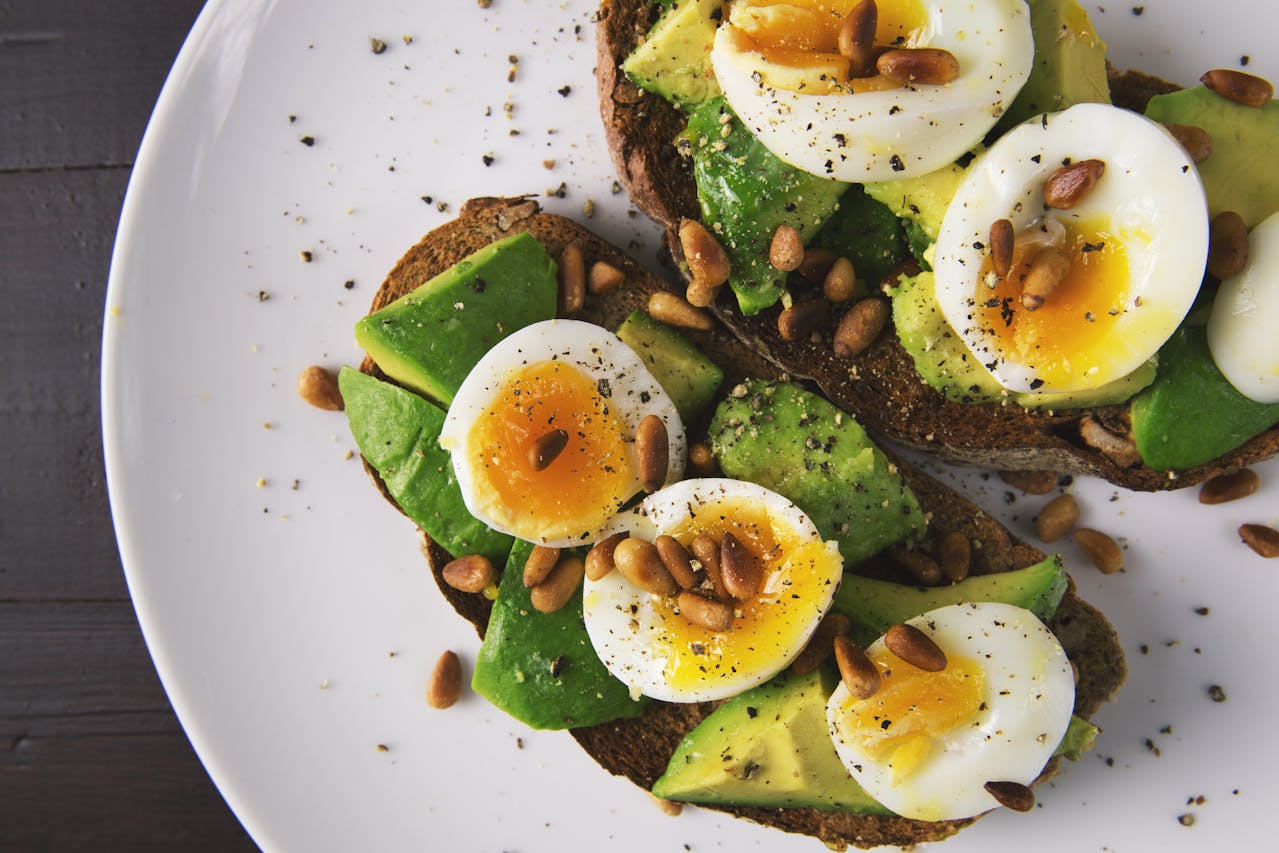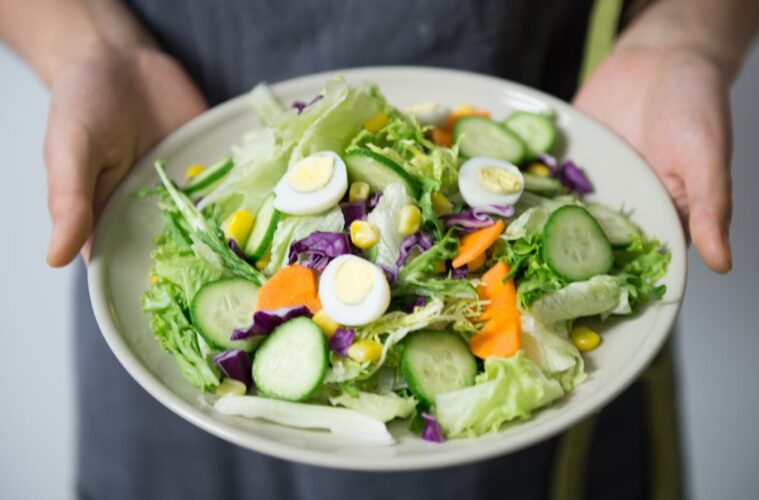January is the perfect time to hit the reset button and focus on a fresh start, especially when it comes to your health. After a season of indulgence, embracing a healthy diet can help you feel energised, shed any extra holiday weight, and set the tone for a healthier year ahead. The best diet for January focuses on nourishing your body, boosting energy, and being sustainable enough to maintain long-term.
Why January is the Ideal Month for a Dietary Reset
January symbolises new beginnings, making it the ideal month to adopt healthier eating habits. Whether you’re looking to try a January detox diet, lose holiday weight, or simply prioritise healthy eating in January, starting now gives you a clean slate. A January diet can help:
- Reset your health by balancing nutrient intake.
- Support weight loss goals with sustainable eating patterns.
- Strengthen immunity to combat winter illnesses.
- Boost energy levels to stay active during the cold months.
Core Principles of the Best Diet for January
To create a sustainable diet for January, focus on foods that nourish your body and support your goals. Here’s a breakdown of key components:
Focus on Whole Foods
Build your meals around minimally processed foods like whole grains, lean proteins, fresh fruits, and vegetables. These are essential for resetting your health in January.
Prioritise Hydration
Proper hydration is critical after the holidays. Drink plenty of water throughout the day and incorporate herbal teas for added warmth during winter.
Include Fibre-Rich Foods
Fibre helps with digestion and promotes satiety. Incorporate foods like oats, quinoa, beans, apples, pears, and leafy greens into your post-holiday diet plan.
Lean Proteins for Energy
Choose proteins that are low in fat but rich in nutrients. Options like chicken, fish, eggs, tofu, and legumes support muscle repair and help with January weight loss diets.
Embrace Healthy Fats
Healthy fats from sources like avocados, nuts, seeds, and olive oil keep you full and support brain health during your winter healthy eating journey.
Seasonal Produce for January
Seasonal fruits and vegetables are fresher, more flavourful, and often more affordable. For a seasonal diet in January, try root vegetables (carrots, parsnips), cruciferous vegetables (Brussels sprouts, cabbage), and citrus fruits (oranges, grapefruits).
Cut Back on Added Sugars
Reduce sugary snacks and beverages. Instead, satisfy cravings with natural options like dried fruits or a small piece of dark chocolate.

January Detox Diet
Popular Diet Plans for January
If you prefer a structured approach, here are some tried-and-tested diets that work well for January:
1. Mediterranean Diet
- Includes whole grains, fish, olive oil, and plenty of fruits and vegetables.
- Supports heart health and weight management.
- Perfect for sustainable eating throughout the year.
2. Plant-Based Diet
- Focuses on vegetables, legumes, nuts, and whole grains.
- Great for January detox diets and reducing environmental impact.
- Flexible enough to suit vegans, vegetarians, or part-time plant-based eaters.
3. DASH Diet
- Designed to reduce blood pressure while emphasising nutrient-dense, low-sodium foods.
- Ideal for those looking to reset their health in January.
4. Intermittent Fasting
- Time-restricted eating (e.g., the 16:8 method) can aid in weight loss and metabolic health.
- Works well when combined with nutrient-rich meals.
Sample Meal Plan for a January Reset
Here’s a one-day meal plan to kickstart your healthy eating in January:
- Breakfast: Overnight oats with almond milk, chia seeds, and sliced banana.
- Snack: A handful of raw nuts and an orange.
- Lunch: Grilled chicken salad with mixed greens, avocado, and olive oil dressing.
- Snack: Greek yogurt with a drizzle of honey and blueberries.
- Dinner: Baked salmon with roasted sweet potato and steamed broccoli.
Tips for Maintaining a Sustainable Diet for January
Set Realistic Goals
Avoid overly restrictive diets. Instead, focus on gradual, sustainable changes that support your long-term health.
Plan Ahead
Create a post-holiday diet plan by prepping meals in advance. This reduces the temptation to reach for unhealthy options.
Stay Active
Combine your January diet with regular exercise for better results. Even a brisk winter walk can make a big difference.
Practice Mindful Eating
Pay attention to your hunger and fullness cues. Avoid distractions like screens while eating, and savour your meals.

New Year diet ideas
The Benefits of a Seasonal Diet for January
Embracing seasonal and nutritious foods can:
- Save money, as seasonal produce is often more affordable.
- Provide essential nutrients for the winter months.
- Align with sustainable eating practices, reducing your environmental impact.
Conclusion
The best diet for January is one that prioritises balance, nourishment, and sustainability. Whether you’re looking to detox, lose weight, or simply feel more energised, a healthy eating plan tailored to your goals will help you reset your health after the holidays. With seasonal produce, nutrient-rich meals, and realistic habits, you can set the foundation for a year of wellness.
By embracing these winter healthy eating tips and focusing on a sustainable diet, January can be the start of your healthiest year yet!

